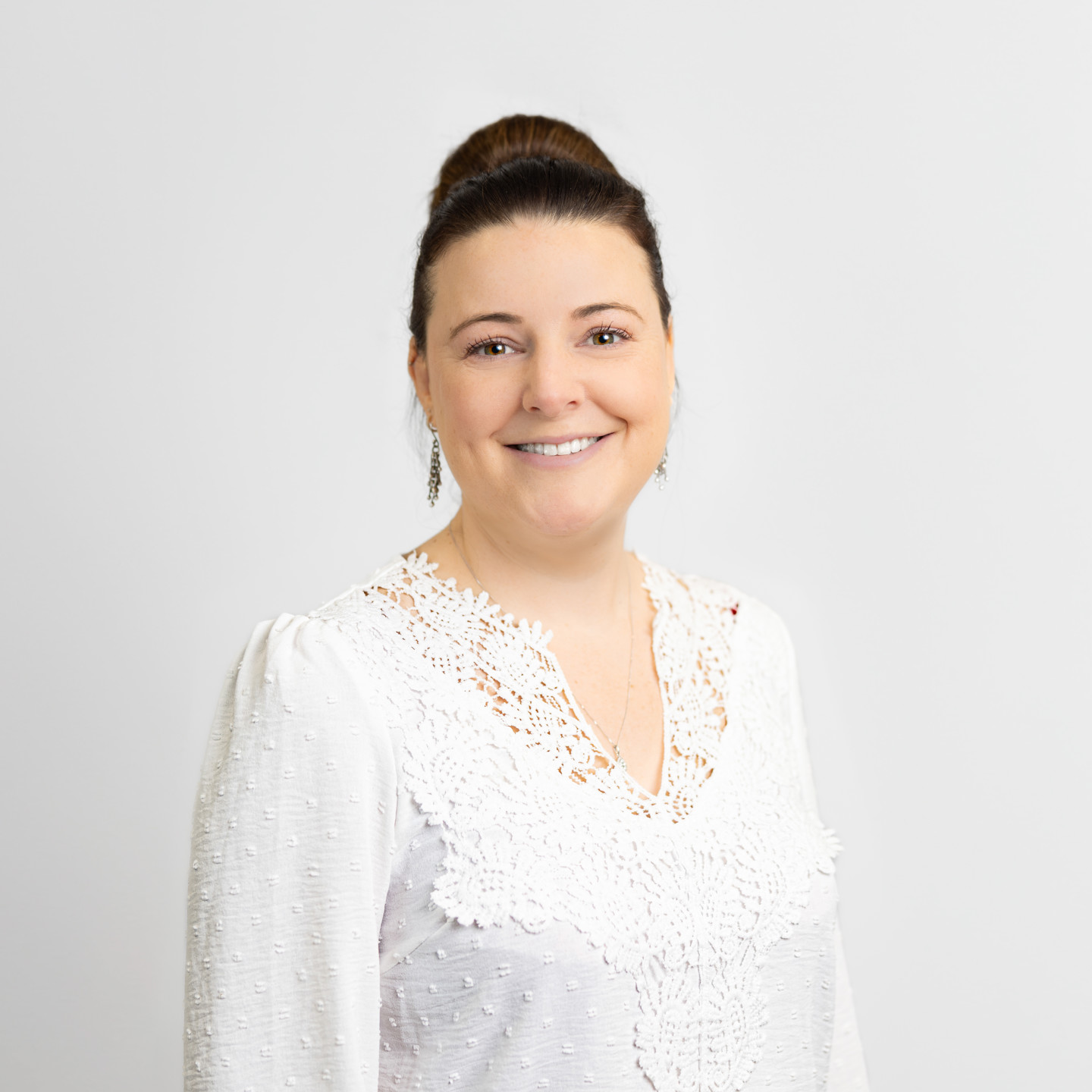Insights from my speed networking workshop at The Productivity Pulse Seminar.
On 12th November, I had the pleasure of hosting a fast-paced, high-energy productivity workshop at our Productivity Pulse Seminar. Picture speed-dating, but instead of searching for love, participants were searching for what really helps them work better.
Over the course of the session, I gathered more than 120 micro-conversations from professionals across a huge range of roles, experiences, and industries. The result was a fascinating snapshot of modern working life: what supports productivity, what gets in the way, and what people truly value when it comes to their time and energy.

1. Distractions are part of modern work. However, we’re getting smarter about managing them
People are increasingly intentional about protecting their focus.
Common strategies include planning the day clearly, blocking out focus time, setting boundaries with colleagues, and controlling digital noise by switching off notifications.
Many also highlighted the importance of creating physical and mental space. Whether that’s finding a quieter room, taking short breaks, or using mindfulness techniques to reset.
2. AI has officially arrived in daily workflow
When asked which tools people rely on most, one trend dominated: AI is no longer a future concept; it’s a daily necessity.
CoPilot, ChatGPT, Gemini, Perplexity and other AI tools were referenced just as often as traditional workplace staples like Outlook, Teams and Excel. People are using AI for idea generation, planning, writing, analysis, and saving time on repetitive tasks.
Alongside AI, planning tools, digital notes, and project management systems continue to play a central role in how individuals stay organised and in control.

3. The biggest productivity challenges are human, cultural and environmental
The conversations revealed that productivity blockers are rarely about personal motivation. Instead, the biggest obstacles include:
- Time pressure and competing priorities
- Email and communication overload
- Interruptions and reactive work
- Inconsistent cultures and behaviours across teams
- Change fatigue and the constant pressure to adapt
- Lack of clarity around goals and what truly matters
Many people described the challenge of staying focused while navigating multiple demands, unclear expectations, and the sheer pace of modern work. There was also a strong sense that productivity is not just an individual responsibility, it’s a shared cultural one.
4. Productivity hacks are personal. However, themes emerged
When discussing what really works, people shared a huge range of strategies, but several consistent themes stood out:
- Planning and prioritisation, especially starting the day with clarity
- Energy and wellbeing management, using breaks, fresh air, exercise, and rest
- Focus techniques, from time-blocking to tackling the big tasks first
- Using technology and AI intelligently
- Delegation and teamwork
- A disciplined mindset, committing to the plan and avoiding multitasking
Across the board, participants emphasised the importance of doing fewer things well, rather than trying to do everything at once.

5. If we had more time, we’d invest it in ourselves. Not in more work
Perhaps the most revealing question was: “If you had an extra hour each day, how would you spend it?”
Almost no one said "catching up on work."
Instead, people overwhelmingly chose:
- Rest and recovery
- Fitness and wellbeing
- Family time and meaningful connection
- Learning, reading and personal growth
- Reflection, thinking time and planning ahead
- Activities that bring happiness, purpose or balance
This shows that people feel better productivity starts with better wellbeing, not squeezing more into the day.
A clear picture emerges
Across all five questions, a consistent theme surfaced: People want to work well, but they need clarity, space, balance, and supportive cultures to make that possible.
Productivity isn’t just a set of skills or tools. It’s built on the habits, systems, mindset, wellbeing, and environment that support you.
Between the rise of AI, the growing need for deeper focus, the cultural blockers people experience, and the wish for more rest and connection, this workshop painted a timely picture of how work is evolving, and the areas where organisations can make the biggest difference.
I’m truly grateful to everyone who took part. Your openness, experiences, and ideas brought this workshop to life.


